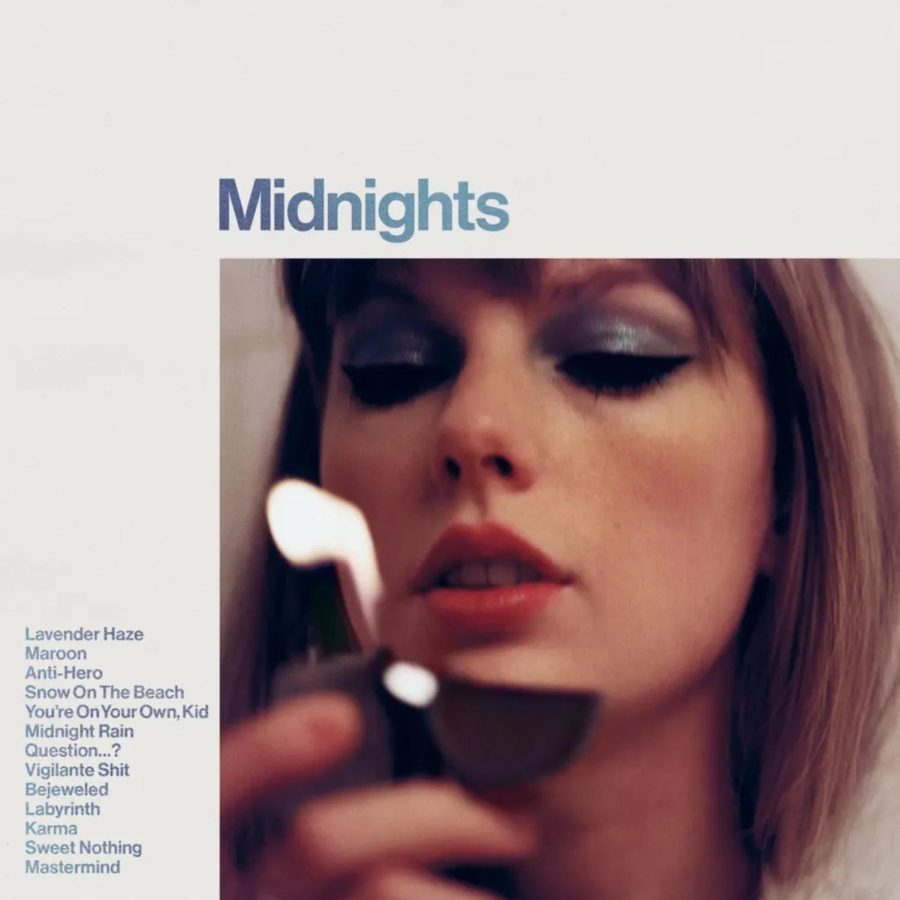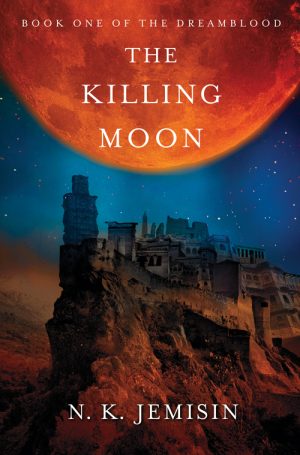‘Midnights’ Takes Taylor Swift Darker Than Ever
October 27, 2022
Much like its name suggests, Midnights shifts Swift’s usual subject matter to deeper, darker themes. Although Swift’s music has never been absent of meaning, Midnights pulls love and coming-of-age stories together into a world of intrusive thoughts, self-doubt, and broken hearts.
Although it arrived to mixed reviews from listeners, Midnights is Swift’s strongest pop installment yet and has quickly rocketed up the charts. Between the artful lyrics and beautiful instrumentals, Swift has created thirteen near-perfect tracks, with an additional eight bonus songs to boot.
With 2020’s folklore and evermore, Swift’s lower-key, storytelling albums, we saw a new era of Swift: one of deeper stories and poetic themes. With Swift’s return to pop in Midnights, some of the lyrics lack the poeticism of the last two albums. Still, the dark motifs remain.
The lead single of Midnights, “Anti-Hero,” is a prime example of this. Though the chorus is simple, repeating “it’s me, hi, I’m the problem, it’s me,” it’s a vulnerable song. It responds to years of people telling Swift that she might just be the problem through all of her very public relationship and industry woes, and it paints a different picture than we’ve previously seen: rather than the self-confidence Swift usually writes into her songs, it’s a story of lying awake at night in a pool of self-loathing and second-guessing, which is all too familiar to anyone who’s struggled with anxiety.
“Anti-Hero” isn’t my favorite song on the album, but it is one of the deepest. And it’s not alone. Off of the secret seven “3am tracks,” “Bigger Than The Whole Sky” tells a story of loss and “Would’ve, Could’ve, Should’ve” of emotional abuse and grooming. And unlike folklore and evermore, these stories appear to be her own, not told from another perspective.
My actual favorite song on the album, “You’re On Your Own, Kid,” is perhaps one of Swift’s finest ever. Though she got famous off of stories of young love and heartbreak, “You’re On Your Own, Kid” is a tale of saying goodbye to youth in favor of something bigger. The bridge is what puts this song above nearly any other. In it, Swift describes something akin to high school, where social pressure forged a person who would eventually move past everything else.
With Midnights, Taylor Swift proves that even in pop music, she can be one of the finest lyricists of her generation, with chart-topping songs to boot.






















